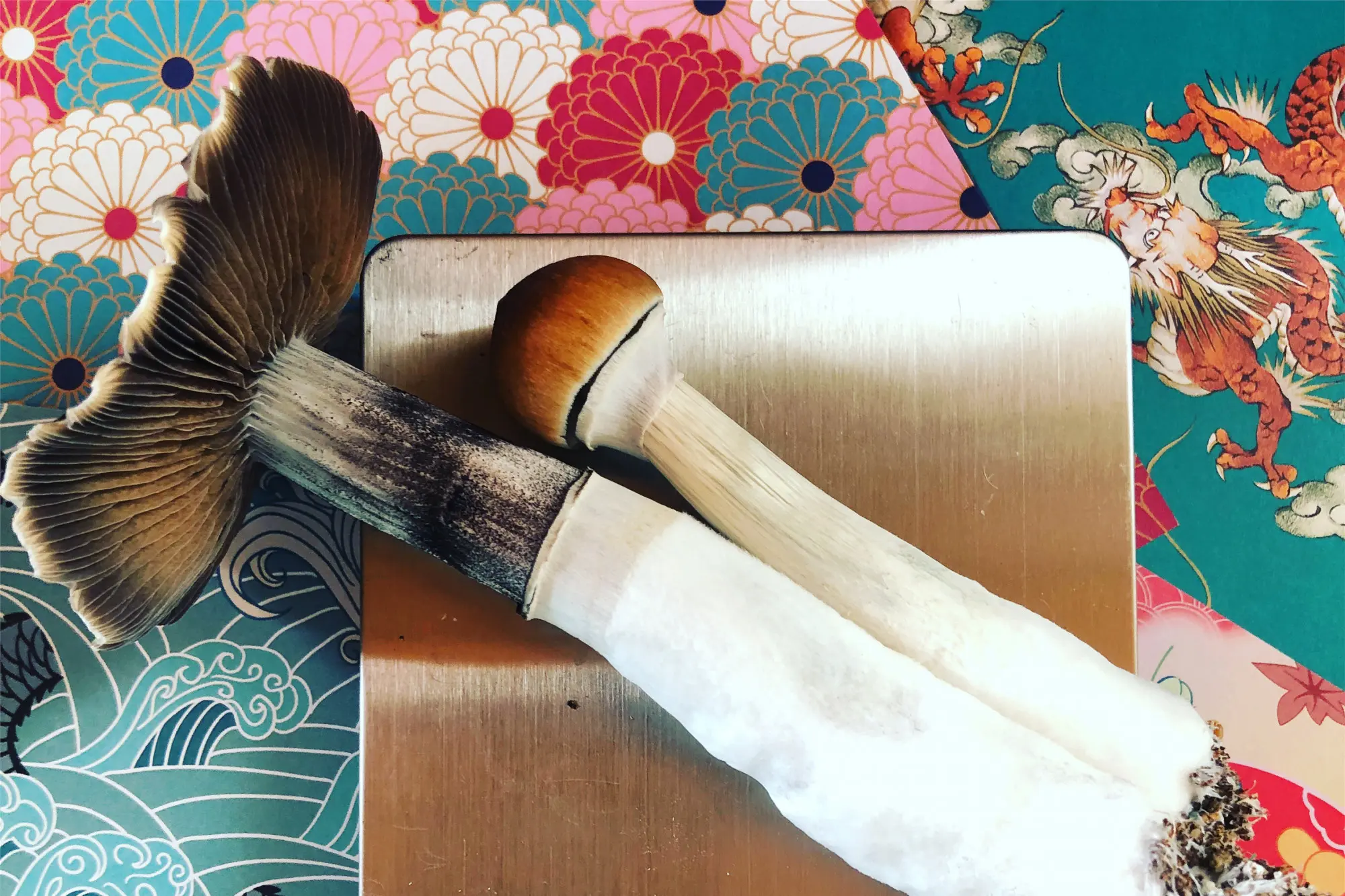On Wednesday (February 3), Cambridge became the second city in Massachusetts to decriminalize natural psychedelics, such as ibogaine, ayahuasca, and psilocybin mushrooms. Cambridge city council members passed the resolution 8-1.
The measure, modeled after the Decriminalize Nature resolution passed by Oakland’s City Council in 2019, makes possession and cultivation of entheogenic plants and fungi among the lowest law enforcement priorities in the city. It also calls upon the county’s District Attorney not to prosecute anyone for the use, possession or distribution of these plants or fungi.
The measure acknowledges the disproportionate “penalization, arrest, and incarceration of vulnerable people, particularly people of color and of limited financial means” as a result of the War on Drugs, and the legitimate use of entheogenic plants “for centuries by people in different cultures” to improve their mental and socio-emotional health.
The vote shortly follows the decriminalization of natural psychedelics in Somerville, Massachusetts last month. Both of these measures are part of a larger movement, called Decriminalize Nature, which began in Oakland and since has inspired grassroots activists to successfully pass similar measures in Ann Arbor, Washington, D.C., and Santa Cruz.
A wave of decriminalization and legalization measures began in cities, counties, and states in 2019 following the unexpected win of a measure to decriminalize psilocybin in the county of Denver, Colorado. Since then, Decriminalize Nature—which places a focus specifically on naturally-occurring psychedelics—has picked up the most momentum in jurisdictions across the country, but other key measures have passed, too, including a measure which legalized medical psilocybin in Oregon in November. Since then, there’s been movement by state legislators in at least two states—Hawaii and Florida—to introduce similar psilocybin therapy bills.

DoubleBlind is a trusted resource for news, evidence-based education, and reporting on psychedelics. We work with leading medical professionals, scientific researchers, journalists, mycologists, indigenous stewards, and cultural pioneers. Read about our editorial policy and fact-checking process here.

DoubleBlind Magazine does not encourage or condone any illegal activities, including but not limited to the use of illegal substances. We do not provide mental health, clinical, or medical services. We are not a substitute for medical, psychological, or psychiatric diagnosis, treatment, or advice. If you are in a crisis or if you or any other person may be in danger or experiencing a mental health emergency, immediately call 911 or your local emergency resources. If you are considering suicide, please call 988 to connect with the National Suicide Prevention Lifeline.



